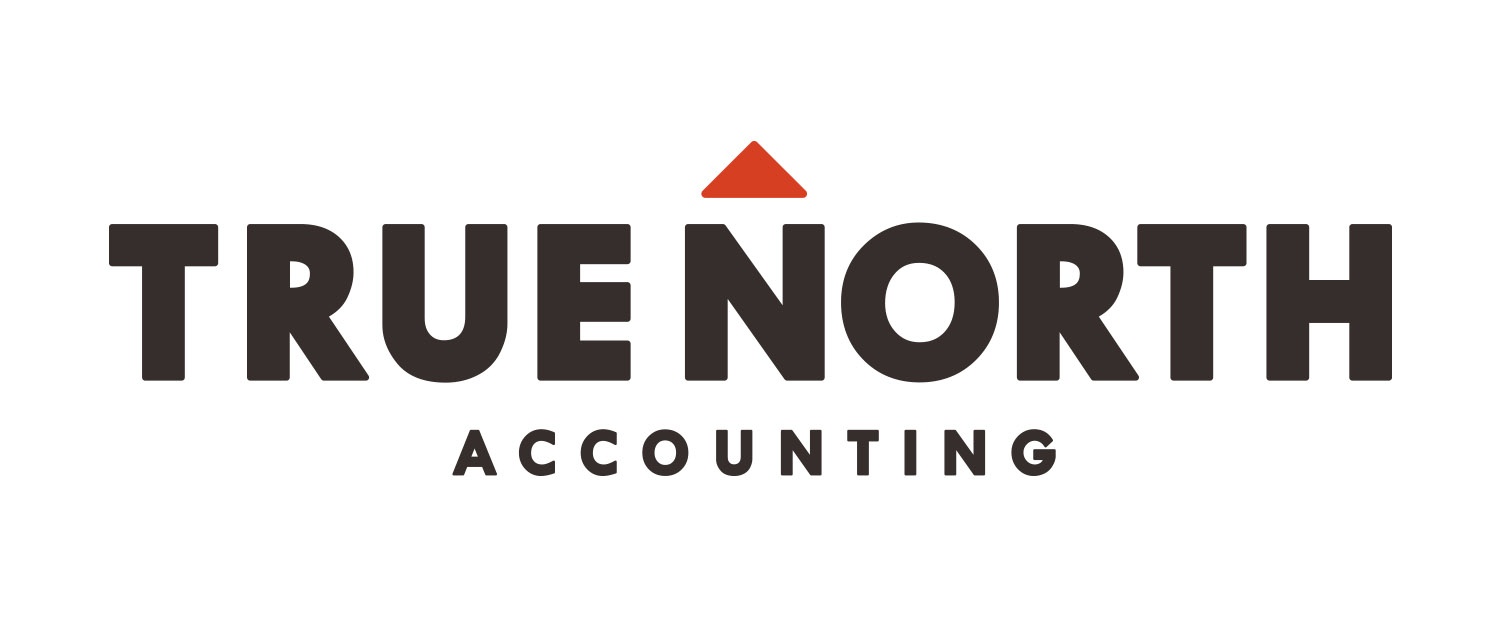A lot of people strive to plan for their retirement early on. While it’s never too early to start planning for the “Golden Years,” it’s also never too late. Even after the age of 65, you can still create a financial plan tailored to your needs. Oaken Financial shares some strategies to get you started.
This is a guest post by Oaken Financial. They consider themselves “a refreshing alternative to financial institutions." Their priority is their customers – they take the time to listen and help their customers make the most of their hard-earned money. They’re backed by Home Bank and powered by Home Trust Company, Canada’s largest independent trust company.
How Ready Are You?
Just because you turn 65 it doesn’t mean that it’s the best time to retire - this can be for financial reasons or personal ones.
Sometimes, working for a few years after 65 makes the difference between a comfortable retirement and a stressful one. It’s nice to have a few years of extra income to act as a cushion when you stop working. Furthermore, if your employment comes with benefits, it could really pose helpful past 65. It’s best to take advantage of any dental, vision or health benefits you may have to their full capacity (medication, physiotherapy, etc).
On the personal side, some individuals report a sense of purpose through their employment. It helps them stay sharp and fit and on the move. If your employer's policy lists 65 as the age of retirement and you want to continue working, you may want to investigate if you can work part time or as a consultant.
Create a Budget
Financial planning as a senior means managing your expectations and creating realistic goals. Even though you're probably ready to enjoy the fruits of your labor, you should still maintain a healthy relationship with your finances.
Some seniors spend all of their retirement savings within a few years because they don't budget. Even if you're close to retirement, take some time to develop a budget that includes any new costs, like travel and medical issues.
Once you've stopped working, money is likely to come from social security, your investments, a secure savings account, or a pension plan. Estate planning doesn't have to be tricky. Make sure you manage your finances as a senior effectively to avoid spending all of your money within a few years.
Decide When You Should Take Old Age Security (OAS)
Canada’s Old Age Security plan has a few benefits that you should consider when organising your finances as a senior. In addition to the OAS pension that typically starts at age 65, there are also a few other benefits you could potentially take advantage of:
Guaranteed Income Supplement (GIS):This is a supplemental income that’s available to Canadians in lower income brackets. You have to be under a certain income threshold to be eligible for this supplement.
Governmental Allowance:If you are the spouse of a GIS receiver and are aged 60-64, you may be eligible to receive a monthly allowance from the federal government. Keep in mind that eligibility depends on you and your spouse’s income; you have to be lower than the maximum threshold to be eligible for this benefit.
Survivor Allowance:If you are widowed and aged 60-64, you may be eligible for the survivor allowance benefit. Like the governmental allowance, eligibility for this allowance depends on your income - it has to be lower than a set threshold.
CPP: On top of the Old Age Security plan, you should also consider planning out your CPP benefits. To qualify for CPP you must be at least 60 years old and have paid into the plan prior to retirement. If you haven’t applied for CPP benefits yet, take careful consideration of when you would like to start receiving payments. Some start earlier than others and receive lower monthly benefits, while others start later and receive higher benefits. Keep in mind though that the minimum age to start CPP is 60 and the latest is 70 - you reach the maximum monthly payment amount at 70 years old.
Speak To Your Accountant or Your Financial Advisor
Your accountant or financial advisor can help you plan and budget for your Golden Years. Planning financially for a new chapter in your life can be stressful especially since you’re heading into uncharted territory. Many people forget to budget for a new lifestyle and unexpected emergencies. Your financial professional can help you organize your cash, CPP and OAS benefits as well as your investments to set you up to live comfortably. The last thing you want in your Golden Years is to be stressed and anxious about the financial fruits of your lifetime’s labor.
Find more Strategic Advisory topics relevant to you and your small business.







